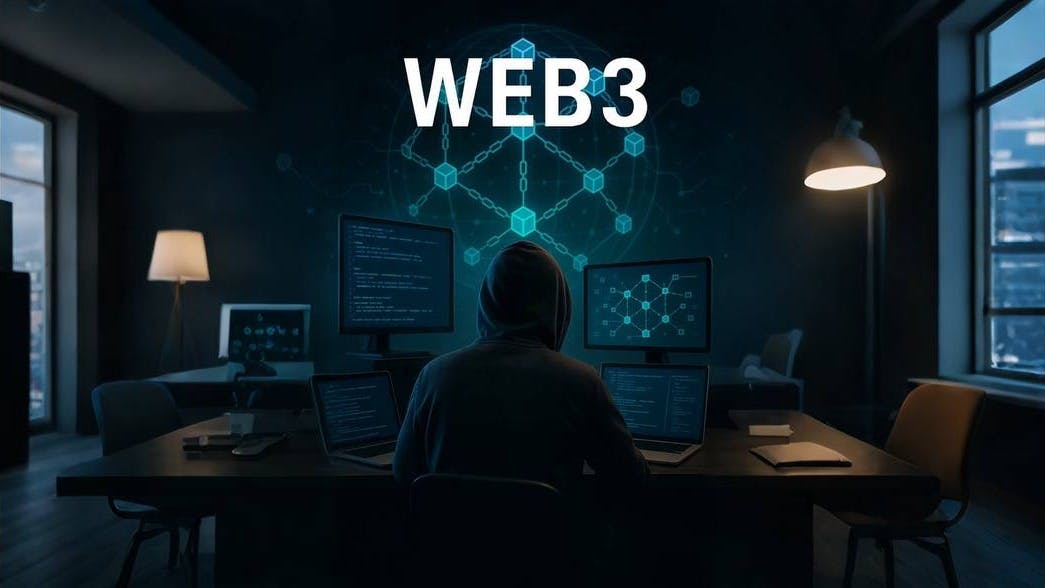Ever wondered what keeps the wheels turning in the world of crypto and blockchain? It might seem like complex tech-speak, but one of the most crucial parts is actually quite understandable: blockchain nodes. Let's break down what they are and why they're so vital to how this technology functions.
What Exactly is a Blockchain Node?
Think of a blockchain like a massive, constantly growing digital logbook shared among many participants. Every time a transaction happens (like sending crypto), it gets recorded. Instead of one central copy, everyone involved holds an identical, updated version. Those participants keeping watch over their copies? They're essentially acting as blockchain nodes.
- So, what is a node? At its core, a blockchain node is simply a computer or device running specific software that connects it to the blockchain network. It acts as both a participant and a gatekeeper for that network, holding a copy (full or partial) of the blockchain's history and ensuring the rules are followed.
- Why are they indispensable? Nodes are the blockchain network. They form the distributed infrastructure that validates transactions, confirms the integrity of the data, and ensures everyone agrees on the current state of the ledger. Without this network of nodes, the system's trust and security would simply dissolve.
- How do they secure and maintain it? Think of nodes as the network's diligent auditors. They constantly scrutinize incoming transactions, checking if they meet the blockchain's specific rules (like whether the sender has enough funds). Invalid transactions get rejected, collectively protecting the network from errors or malicious activity. Furthermore, by holding distributed copies of the blockchain's history, they create incredible resilience – if one node goes offline or has corrupted data, the others maintain the correct record.
Not All Nodes Are Created Equal
Just like any team, a blockchain network relies on members with different roles. Nodes come in several "flavors," each contributing uniquely:
-
Full Nodes: The record-keepers. They store and verify the entire blockchain.
- Archive Nodes: Store everything (big data!).
- Pruned Nodes: Save space by keeping recent history only.
-
Light Nodes: Download only key info (like block headers) and ask full nodes for details. Great for mobile and low-storage devices.
-
Miner Nodes (Proof-of-Work): Compete to solve puzzles and add new blocks. Used in Bitcoin, rewarded in crypto.
-
Validator Nodes (Proof-of-Stake): Add and confirm blocks based on how much crypto they lock up. Honest behavior earns rewards; cheating gets punished.
-
Special Nodes: Some blockchains use Masternodes or others for added features like fast or private transactions, usually with a large crypto deposit.
Each node type plays a critical part, whether it's maintaining the complete historical record, providing accessible network entry points, or securing the chain through computational work or staked collateral. Ok, let’s dive a bit deeper.
How Nodes Process Transactions
So, what happens under the hood when you make a blockchain transaction?
- Verification and Storage: When you make a transaction, it's shared across the network. Nearby nodes check if it's valid (like verifying your digital signature and checking your balance). If it’s valid, it’s added to a pool, waiting to be grouped into a block. For instance, a full Bitcoin node requires over 500GB of storage, while an Ethereum full node can exceed 1TB, and archive nodes require significantly more.
- Consensus Mechanism: This decides how a new block is added to the blockchain. The two most common methods are:
-
Proof-of-Work (PoW): Miners race to solve a math puzzle. The first to solve it adds the new block and gets a reward. It’s secure but uses a lot of energy.
-
Proof-of-Stake (PoS): Validators are picked (often based on how much crypto they’ve staked) to add new blocks. Good behavior earns rewards; bad actions risk losing their stake. It’s much more energy-efficient.
-
Each method helps the network agree on what gets added to the blockchain and keeps it secure.
Different consensus mechanisms exist, but PoW and PoS are the most prevalent. The specific mechanism dictates how nodes participate in extending the blockchain, how security is maintained, and how contributors are (or aren't) rewarded. I hope you get it! :)
Managing Blockchain Nodes: Challenges and Solutions
Operating your own blockchain node lets you be part of the network and verify data without trusting others. But it’s not always easy.
- The Challenges: Full nodes need a lot of storage because blockchains keep growing. You also need fast, stable internet to stay up-to-date. If you're mining (in PoW), electricity can get expensive. Plus, you must keep the software updated and the system secure—it's a lot of work.
- A Simpler Option: Node-as-a-Service. If you don’t want the hassle, services like GetBlock can help. They run and maintain nodes for you. You just connect through an API and get access to blockchain data—no hardware, no updates, no stress.
Conclusion
Blockchain nodes might not get much attention, but they’re the backbone of every decentralized network. Without them, we wouldn’t have the security, transparency, or trustless nature that makes blockchain so powerful.
Nodes help keep everything fair and running smoothly. They store the shared history, check each transaction, and make sure no single person or group can control the system. That’s what makes blockchains strong and resistant to censorship or failure.
As this technology grows, I believe running nodes will get easier—maybe even part of apps or devices we use every day. We’ll also see new types of nodes and smarter ways to reach agreement across the network, making things faster, cheaper, and more user-friendly for everyone.
I know blockchain nodes can be a tricky topic, but I really hope this article helped you understand what exactly a blockchain node is and how it works.
Thanks for reading! If you found this helpful, please like and share it—it means a lot to me :).
Cheers!


